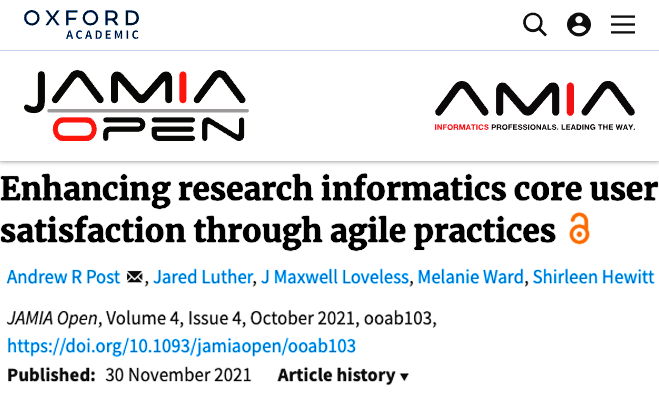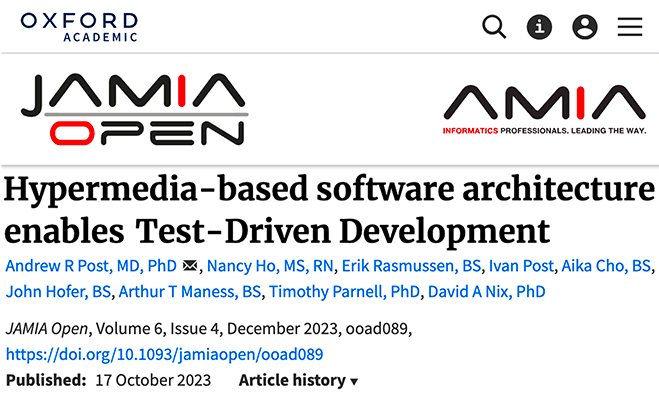- Administration Apps
-
Clinical/Research Apps
- Cancer Clinical Research (CCR)
- Clinical Trials - OnCore
- Comprehensive Oncology Research Environment (CORE)
- CORE Browser
- CORE Browser FAQs
- iQ (Integrated Query Tool)
- itBioPath (RETIRED)
- LabVantage
- Metabuilder - BST - (itBioPath)
- Metabuilder - Pathology
- Metabuilder - RSR - (Subject)
- Patient Status Review - CCR
- PayTrac
- REDCap
- Research Subject Registry (RSR)
- Genomics Apps
Research Subject Registry (RSR)
Launch App
HCI Research Informatics Shared Resource (RISR) Research Subject Registry (RSR) is used to track all aspects of the research clinic operation, including:
- participant enrollment,
- questionnaires,
- classification,
- communication,
- follow-up,
- sample collection,
- diagnoses,
- and medical records.
The family information and samples gathered through these clinics are then available for use in approved research projects. There are currently sixty research projects and more than 57,000 subjects being managed with RSR. In addition to supporting the cancer related studies discussed above, the tool's design was abstracted in such a way that it can be used for other diseases such as autoimmune diseases and disorders.
Features include:
- Study Level Security – Includes ability for researchers to assign roles to database users for individual studies. in addition, where subjects have consented to multiple studies, they can share (and avoid duplicate data entry) for the following:
- cancer,
- genetic test/result,
- clinical genetic status,
- medical records,
- and procedures.
- Searching – Includes quick search, filtered search and cross-study search.
- Demographics – Includes name, birth death, address/phone, race/ethnicities, height/weight, and identifiers (eg. MRN, UPDB, UCR).
- Contact Management – Includes event tracking, wizards for initial visits, consents and questionnaires, genetic tests, and samples.
- Automatic letter generations is provided.
- Study Management – Includes study enrollment, consents and questionnaires, medical record authorizations, providers and provider roles.
- Diagnoses – Includes cancers, cancer identifiers and diagnoses.
- Genetic Tests – Includes genetic tests and results, other tests, and clinical (phenotypic) genetic status.
- Family Relationships – Includes parents, children, sibling, kindreds, and kindred classifications. Ability to branch to other family member records is provided.
- Medical Record Management – Includes authorizations, medical records, medical record identifiers, and procedures.
- Cancers and events are associated with the medical record and samples are associated with the procedures.
- Samples – Includes samples sample identifies, user defined sample results and branch to the Sample Tracking Database.




